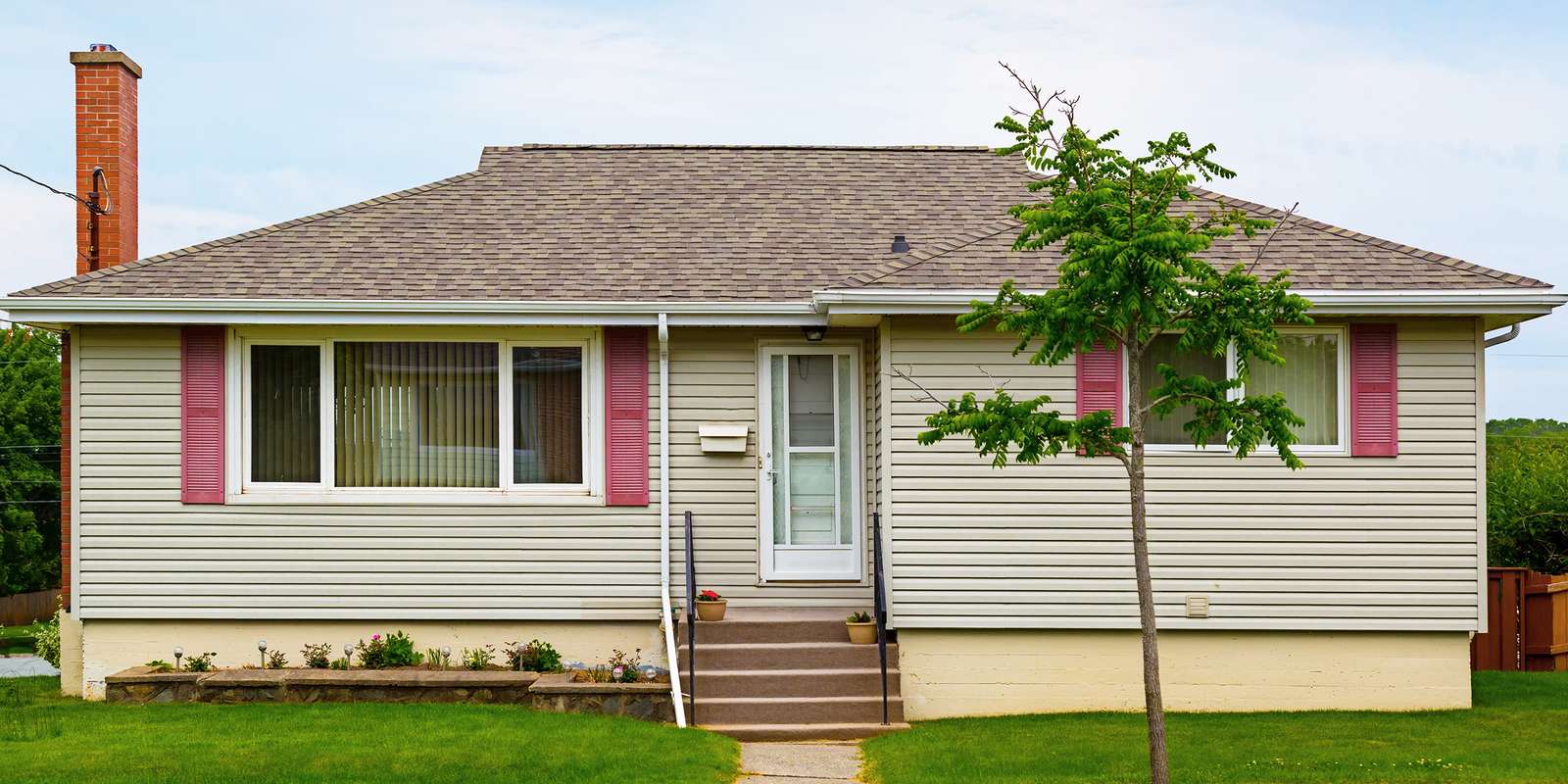Aluminum Wiring in Saskatchewan Homes

Many homes constructed in the 1960s and 1970s were built using aluminum wiring. At that time, aluminum wiring was considered a lower cost alternative to copper. Compared to copper, aluminum is more brittle and a poorer conductor of electricity. It also will corrode if exposed to moisture, and will expand and contract over time, causing the wiring to potentially loosen and overheat. All these factors may lead to a greater risk of fire.
While homes with aluminum wiring are not necessarily unsafe (assuming proper installation and care), there are implications to property insurance that homeowners and potential home buyers should consider.
How do I know if a home has aluminum wiring?
A licensed electrical contractor or a certified home inspector can verify if a home has full or partial aluminum wiring. You may be able to tell by simply looking at the cable coverings, wall switches, and receptors as well, which should be marked with the word aluminum or abbreviations such as ALUM, AL, or CU-AL. Please exercise caution at all times and only touch electrical components if you are proficient with the proper safety measures.
Does aluminum wiring need to be replaced?
Aluminum wiring has been grandfathered into the National Building Code of Canada, so it does not need to be replaced, except in the course of renovation projects where electrical changes are being made. Any installation of new wiring must meet current code requirements. Abnormalities such as flickering lights, burnt insulation, or warm cover plates, however, should be considered early warning signs that require urgent attention.
What does this have to do with insurance?
Because of the potential fire hazard conditions, insurance companies may need to verify the home’s electrical system is safe before they offer coverage. This requirement has been in place in other provinces for many years and has recently become the standard industry practice by most major insurance companies in Saskatchewan. This requirement does not generally apply to existing policies on homes with aluminum wiring.
What do insurers require?
Before insurers will offer coverage on a home, most will now require a licensed electrical contractor to complete an electrical home compliance report. Some insurers have specific checklists that should be completed, while others will accept the contractor’s report so long as it includes the following:
- Confirmation of the amperage size of the home’s electrical service;
- Confirmation the main panel, grounding, and bonding are compliant;
- Confirmation the correct circuit protection is used;
- The percentage of aluminum wiring in the home and whether it meets standards; and
- A complete list of deficiencies as well as a list of recommended actions to remediate deficiencies.
A limited number of insurers may not offer coverage on homes with aluminum wiring, regardless of its condition. Contact your licensed insurance broker prior to hiring an electrician to determine specifically what will be required in your circumstance.
Can a certified home inspector provide this report?
No, an electrical home compliance report must be completed by a licensed electrical contractor.
What does a proper inspection entail?
Insurers expect the electrical contractor to inspect a random sampling of electrical outlets throughout the home, so they can make an educated assessment of the property’s overall electrical system. This should take 2 – 4 hours of an electrician’s time on-site. Potential home buyers may ask for a more detailed inspection of the home, beyond the requirements of insurers. This will increase the time and costs to complete the reports.
How could this impact my decision to buy a home?
The existence of aluminum wiring does not mean a home is uninsurable or that it is ‘devalued’ in any way. So long as the electrical system is verified as safe, aluminum wiring is just another consideration in any home purchase. If you are purchasing a home with aluminum wiring, though, you may want to consider:
- The added cost of obtaining a licensed electrician’s report;
- The nature of renovations you may eventually want to undertake; and
- Your ability to switch insurance providers or modify coverage in the future.
What guidance can your REALTOR® provide when it is suspected or confirmed a property has aluminum wiring?
REALTORS® are committed to competence, service, and professional conduct. It is their role to provide you, their client, with advice you need to make an educated decision. Should you find yourself interested in placing an offer on a property that may have aluminum wiring, your REALTOR® can provide you with a list of business partners that can conduct a proper home inspection. If it is determined that a property has aluminum wiring and you wish to purchase that property, work with your REALTOR® to determine the best way to handle the offer or make arrangements to complete an electrical home compliance report. Please be advised that a REALTOR® can provide you advice, but it is your decision as the consumer to determine the best course of action to protect yourself and ensure you are properly insured.
(This bulletin was produced in partnership with the Saskatchewan REALTORS® Association.)
